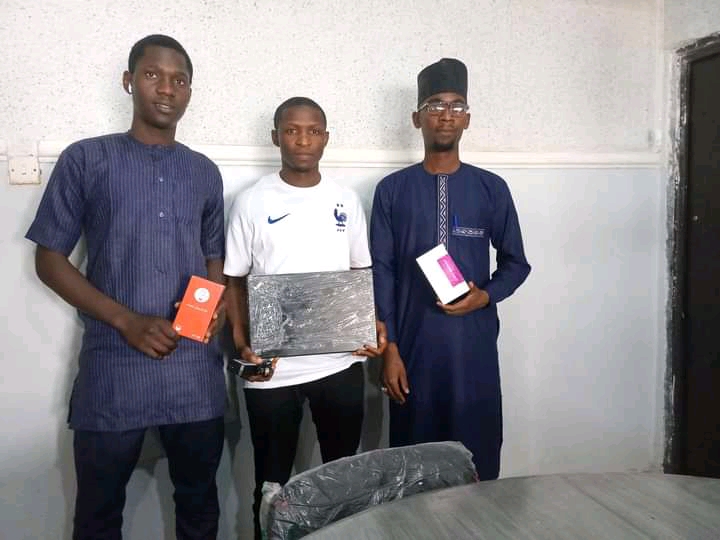
Pantanmi Tasked on Implementation of Policy on Community Networks
Ugo Aliogo
The Coordinator of Nigerian School of Community Networks(NSCN) Haruna Adamu Hadejia, has called on the Minister of Communication and Digital Economy, Prof. Isa Pantami, to ensure full implementation of the draft National Policy on Community Networks.
Hadejia, who disclosed this yesterday in Lagos at a media briefing enjoined the Galaxy Backbone Plc to provide communities with access to its backbone for them to use as their community networks getaways.
He urged the Universal Service Provision Fund (USPF) to support the upgrading of the many communities’ digital centres they set up in the country to serve as basis of community networks for communities that desirous and passionate to set up such in their communities.
He appealed to the Nigeria Communication Commission (NCC) to develop guidelines and regulations for the operation of community networks in the country and to allow communities to access and use TV White Space (TVWS) for the purposes of setting up community networks
He further explained that NITDA needs to work with communities at grassroots level to drive digital literacy which is critical for the effective utilization of digital technology and which is the foundation upon which the digital transformation agenda of the country would rest.
He urged Civil Society Organisations (CSOs) to sustain evidence-based advocacy for the establishment of CNs across the country.
Hadejia called on the private sector operators to as, part of their corporate social responsibility to support communities to set up community networks.
According to him, “We call on all other stakeholders, including political office holders to support communities to go digital as critical contribution to community development. We also call on the private sector operators to see community networks as complimentary, but not competitors. Community networks have failed to take roots in Nigeria because we do not have a national policy to guide their emergence and provide a supportive environment for communities to leverage various opportunities to bridge the connectivity gaps.
“Community networks are telecommunication infrastructure designed, deployed and managed by communities to meet their communication need. Globally these community networks are helping many countries such as in Kenya, South Africa, Brazil and Mexico to address the internal dimensions of their digital divide.
“The Universal Service Provision Fund (USPF) has said there are 114 communities where GSM signals are either weak or not at all. These are called underserved and unserved communities. These communities could, if there is a policy that would provide clear rules for interconnectivity, frequency and spectrum allocation and use, etc, could mobilize their own resources and create their communication infrastructure to address their need.
“The Centre for Information Technology and Development (CITAD) has in the last eight months, been engaging the policy makers especially the Minister of Communication and Digital Economy, the telecommunication regulators, the Nigerian Communications Commission (NCC) and other stakeholders in the country such as NITDA, USPF and Galaxy Backbone with the aim of arriving at a consensus on developing a national policy for community networks. They all agreed on its desirability, noting that community networks will help greatly in accelerating efforts of government to address the digital divide and to prime the country to achieve its digital transformation agenda.”

